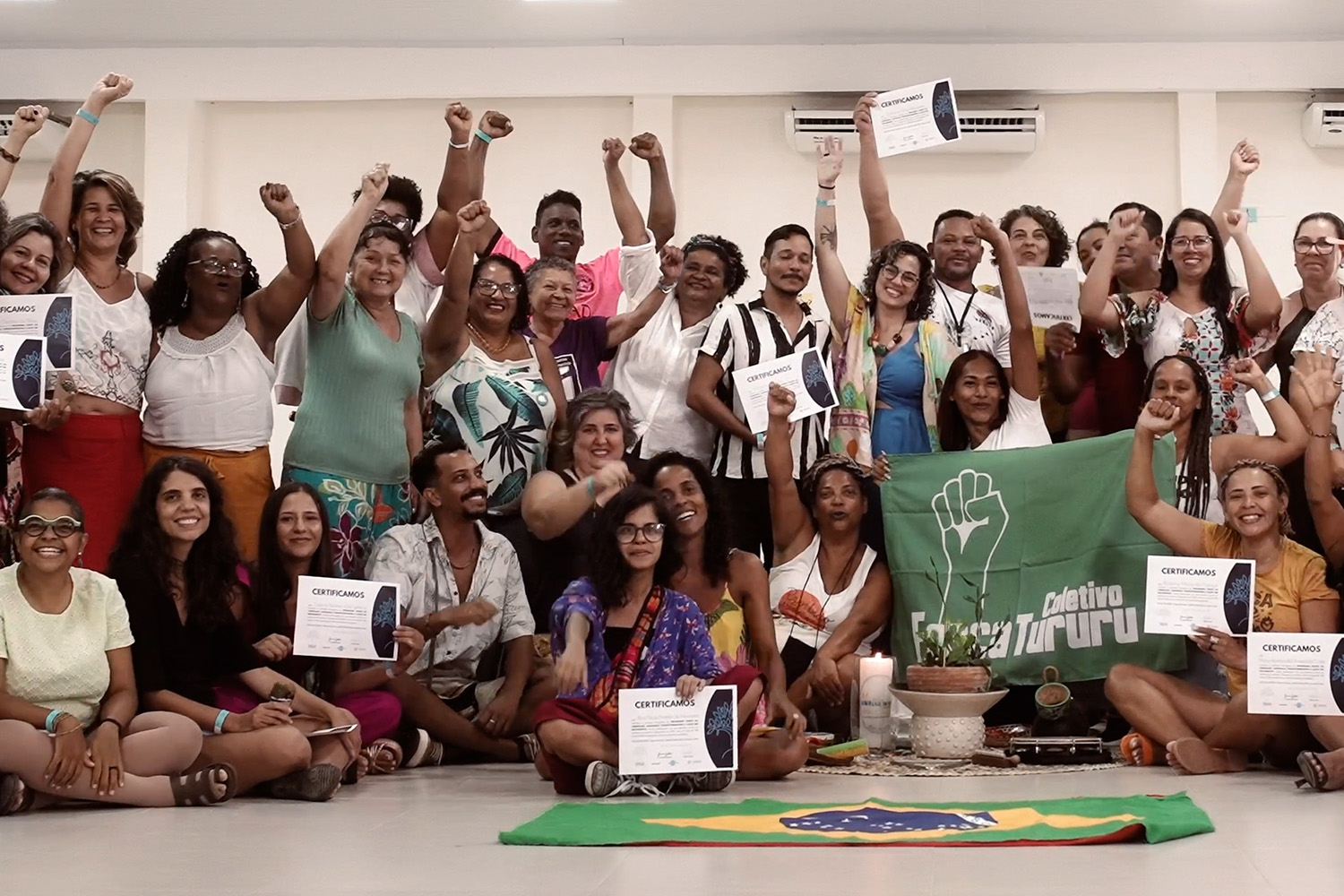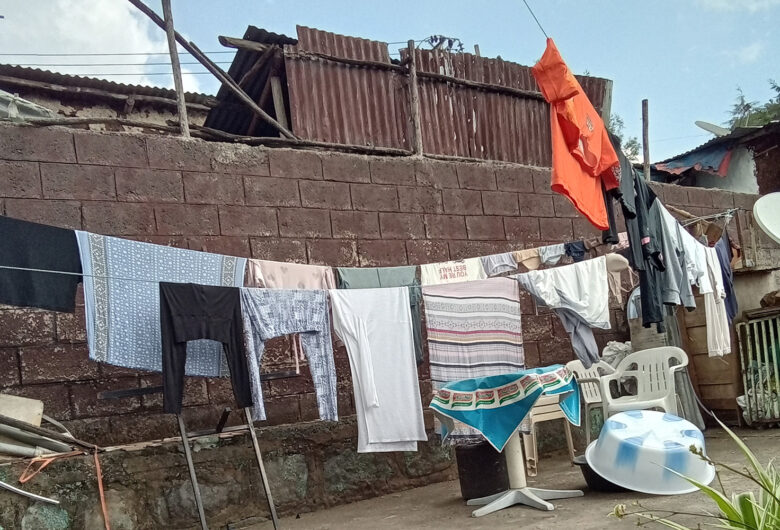By Janaina Jatobá
I recently joined 47 diverse anti-slavery leaders in Northeast Brazil to share a unique and transformative journey as part of the Freedom Fund’s Freedom Rising program. Each of these leaders work in communities that experience high levels of exploitation, and dedicate their lives to supporting survivors of modern slavery and advocating for change. Many of the leaders are women and survivors of exploitation themselves, and few had ever had access to leadership training or even considered themselves as leaders.
Today, I’m proud to share the journey of four of these leaders – Karla, Gildasio, Veronica and Daniela – and the profound changes in themselves and their organisations as a result of this program.
Freedom Rising is a unique initiative that supports and connects frontline leaders – especially women and survivors – to grow their leadership of anti-slavery movements. It was launched in India in 2021 and has since supported the leadership of 241 participants in India, Brazil and Nepal. I brought this global program to Brazil, working with local partners to adapt the program to the needs and context of Brazilian participants.
During the 10-month program, this group of 47 leaders came together four times in person, and numerous times online, to learn, share and dream together. They reflected on their own leadership and that of their organisations and networks, and discussed power, identity, trauma and resilience through dynamic and experiential sessions. Together, they planned for transformative change in themselves, their organisations and the movement.
I witnessed many of these leaders realise that leadership is an attitude rather than a title and that everyone is capable of leading. Many shared with me that they felt this program made them see themselves in a different way, and helped them to change beliefs they had about themselves or about others. As Karla says in the film: “To get where I am now, I had to break through many barriers, including some of my own making.”
For many leaders, the program was also the first time they had space to reflect and to prioritise their own self-care. Many participants arrived exhausted, burnt out and burdened by their own trauma and the trauma of the communities they serve. As Veronica says so profoundly in the film: “You die on the inside in order to help others. So the program reminds us that before being leaders, we are individuals” and “we look after ourselves so we can take better care of others.” Veronica told me that attending Freedom Rising was the first time in a long time that she felt really cared for, and it has led to her making significant changes in her organisation to give more space to others, develop her team and create opportunities for the next generation of leadership. She says: “This knowledge is being shared with the children, the mothers and the educators. Together, we form a network that multiplies this shared knowledge.”
The formation of this network is one of the most significant outcomes of the program. As Daniela says in the film: “I think Freedom Rising brings us a very powerful network perspective. A global network with really powerful people, who can strengthen our bases… And this group has a very strong desire to stay together.” The leaders have now formed an alumni community that continue to meet regularly to share knowledge, opportunities and resources. A number of leaders are also collaborating in activities such as advocacy and awareness raising, and are supporting each other to develop as organisations.
Having gone through this journey together, these leaders now feel strong bonds of trust, commitment and a deep sense of belonging. Gildasio says: “I’ve been through a lot but I’m not only still standing, I’m also willing to take this knowledge to others.” Having entered the program feeling isolated and exhausted, our leaders have left with feelings of excitement, inspiration, connection and solidarity.
These are feelings I share, as we continue to roll out new cohorts of Freedom Rising in Brazil. As Veronica says: “I think we leave here today with a new perspective, having learned how to take care of ourselves, and how to review our principles as leaders. We learned, as leaders, to be one. We are not alone.”



